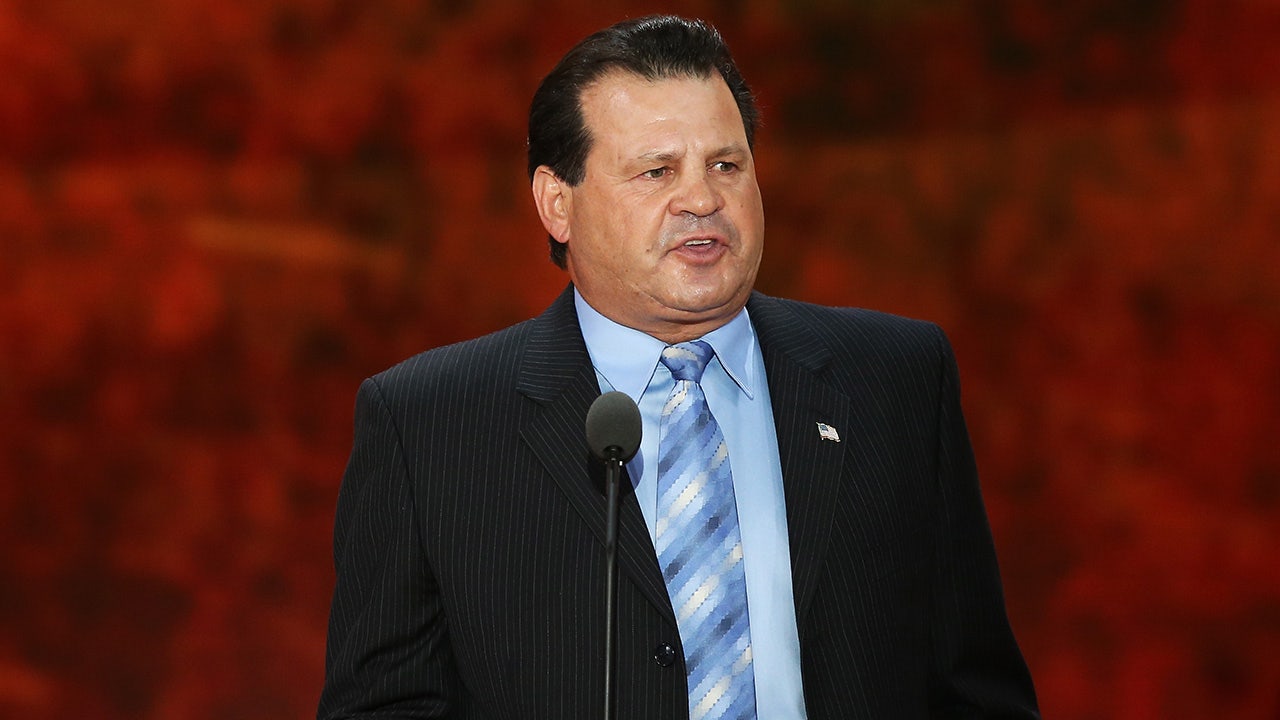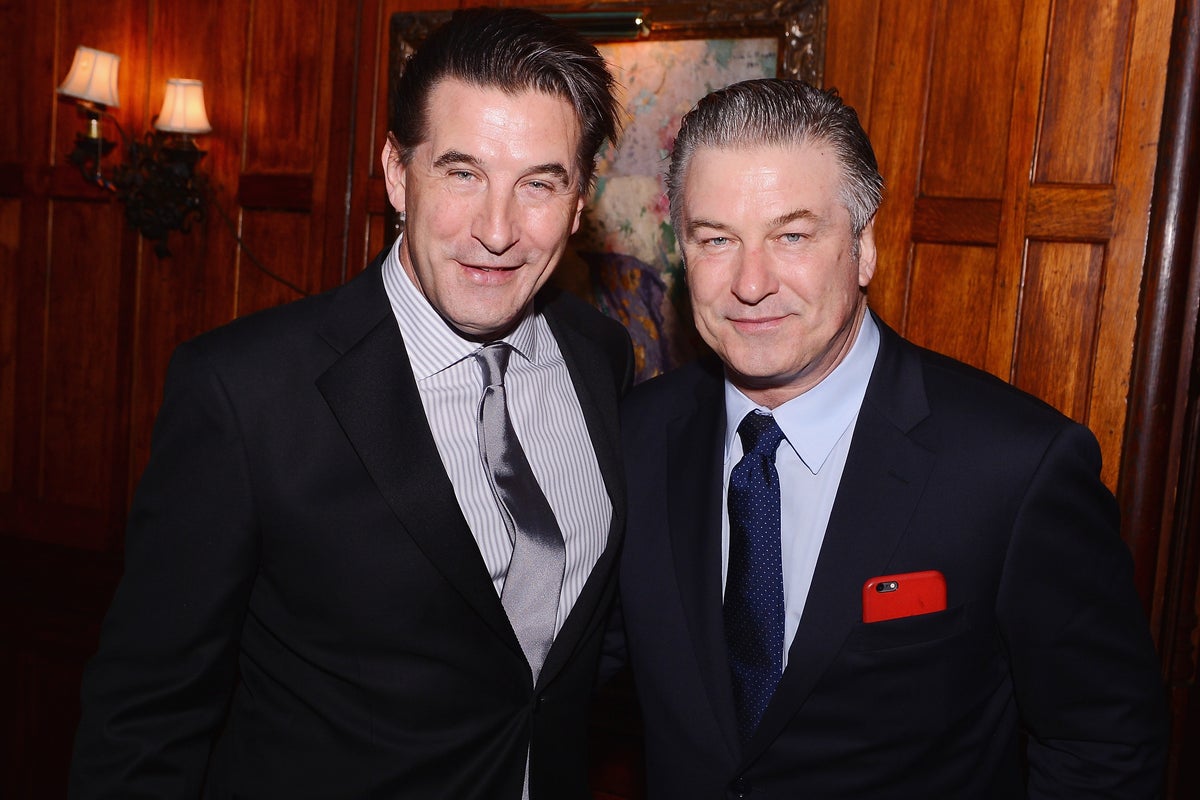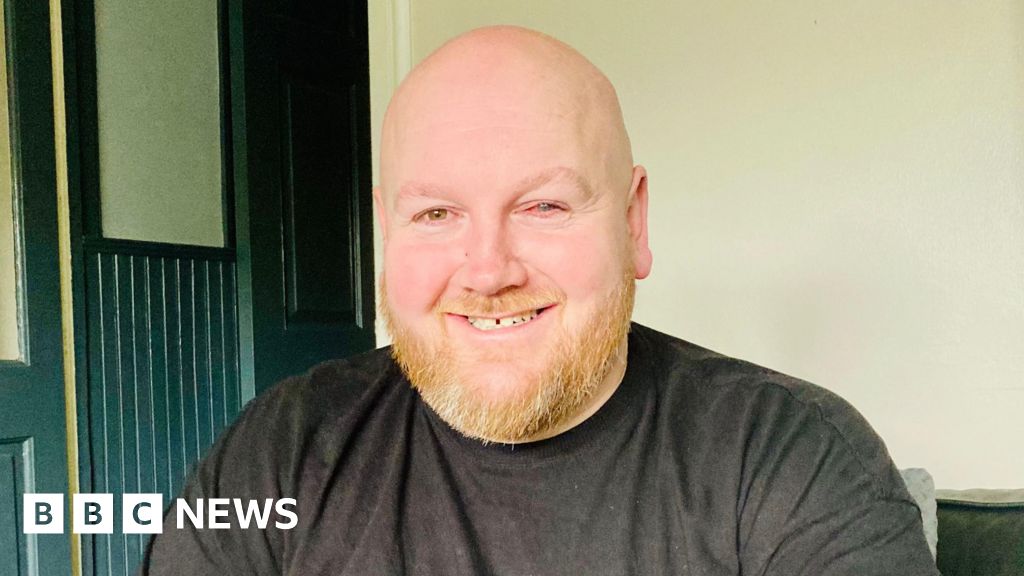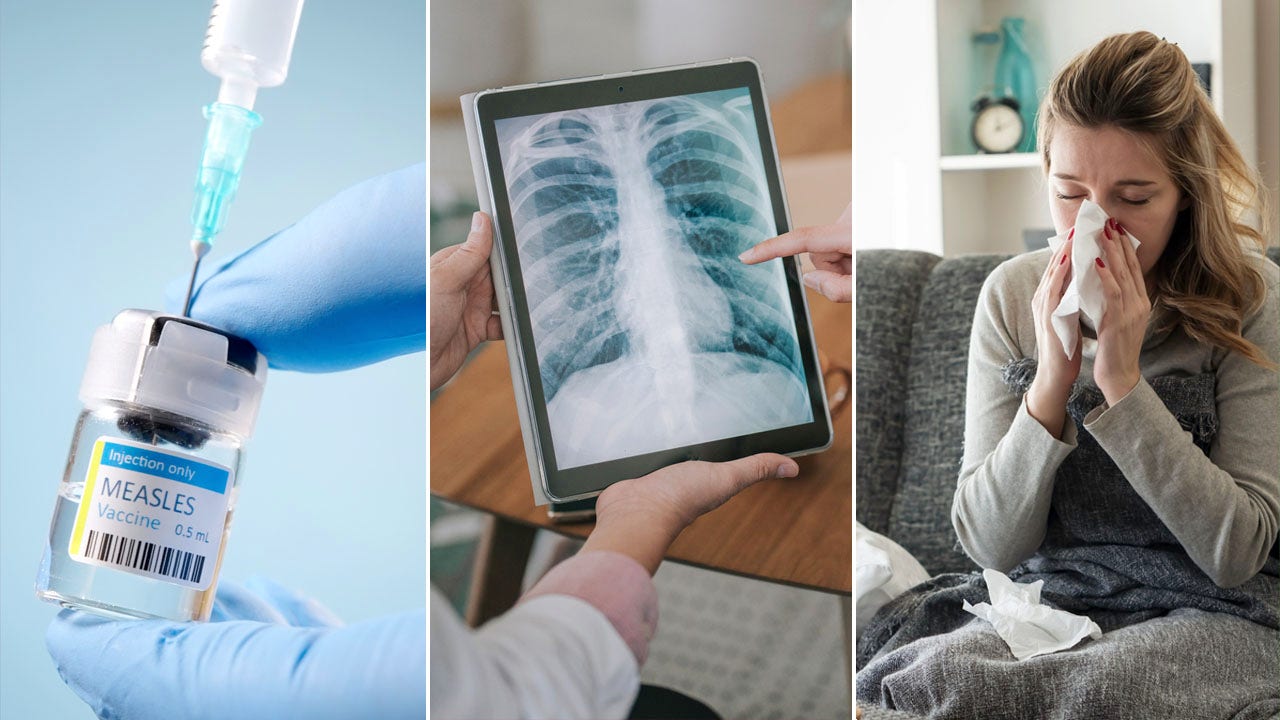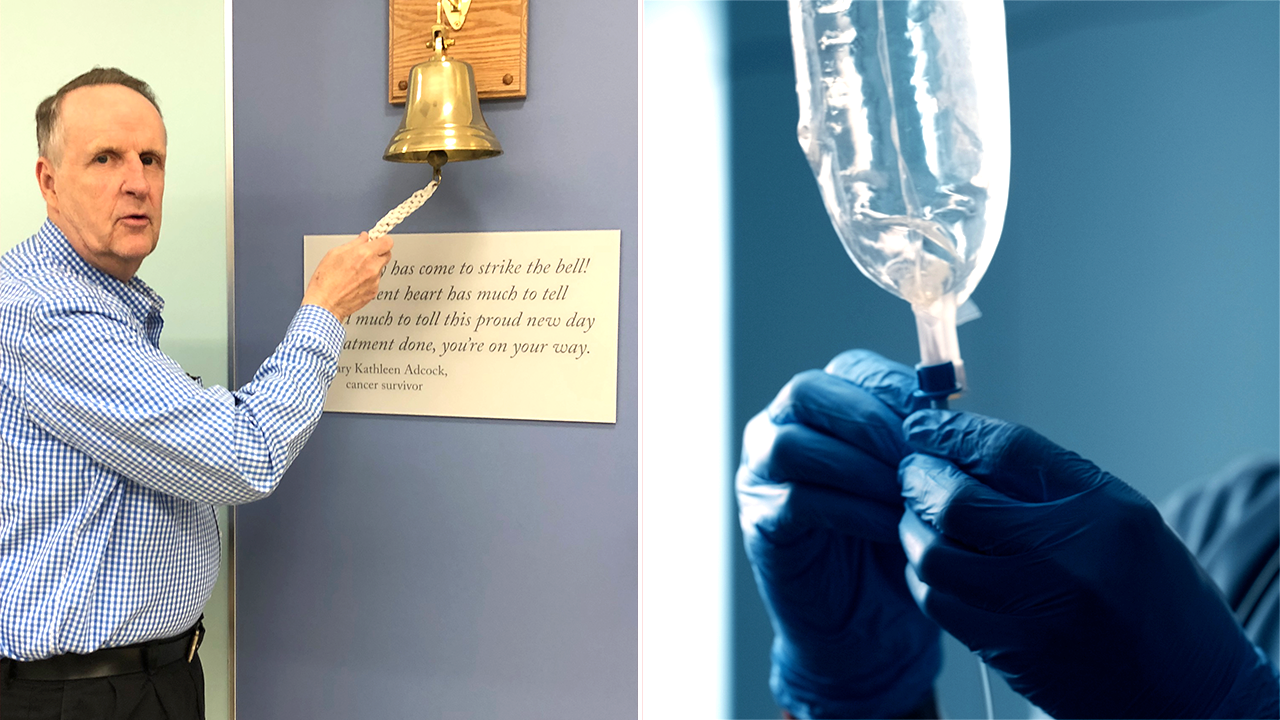After facing the threat of active war, many veterans also wage battles with cancer.
One of those is John Ryan of Aldie, Virginia – a U.S. Navy veteran who was diagnosed with lung cancer after serving in the military for 30 years.
Since he enlisted in October 1962, much of the commander’s military service has been “shrouded in secrecy,” according to a November 2024 report from the Cancer Research Institute (CRI).
‘I’M A CANCER SURVIVOR – HERE’S WHAT I’VE CUT FROM MY KITCHEN’
In an on-camera interview with Fox News Digital, Ryan shared that he joined the “nuclear power program” amid the Cuban Missile Crisis, during which he embarked on about a dozen patrols on nuclear submarines.
U.S. Destroyer inspects a Soviet freighter off the coast of Cuba on Nov. 12, 1962. (Getty Images)
Ryan retired from active military service in 1992, and then retired full-time in 2000 to spend time with his family in Northern Virginia.
In 2013, Ryan called his doctor after he began spitting up blood and was sent to the emergency room. His diagnosis was grim: stage 4 adenocarcinoma, otherwise known as non-small cell lung cancer.
CANCER VACCINE SHOWS PROMISING RESULTS FOR CERTAIN PATIENTS
Ryan underwent four sessions of chemotherapy at Walter Reed National Military Medical Center, but he did not improve. He also suffered from residual side effects from both chemo and cancer, including fatigue, pain, weight loss and pleural effusion.
Upon seeking a second opinion, Ryan met Julie Brahmer, MD, at John’s Hopkins in Maryland. He was enrolled in a clinical trial for immunotherapy — a type of treatment that uses the patient’s own immune system to fight cancer — that began in October 2013.

Veterans face a 25% higher risk of developing lung cancer due to exposure to toxic substances during military service, according to the VA. (iStock)
Lung cancer poses a larger threat to the veteran community, who faces a 25% higher risk due to exposure to toxic substances during military service, according to Brahmer.
After four infusions of nivolumab (Opdivo) over a nine-week period, Ryan’s CT scans revealed a 65% reduction in tumor size, he told Fox News Digital.
PROSTATE CANCER CASES SPIKE IN THIS US STATE AS DOCTORS SHARE LIKELY REASON
“The 65% shrink was great and then that just kind of walked down – I was down to like 84% shrink,” he said. “And I was leading a normal life.”
Along with the immunotherapy, Ryan also underwent stereotactic body radiation therapy (SBRT), a very targeted type of radiation, which resulted in the arrest of his tumor with virtually no side effects except for minor itching.
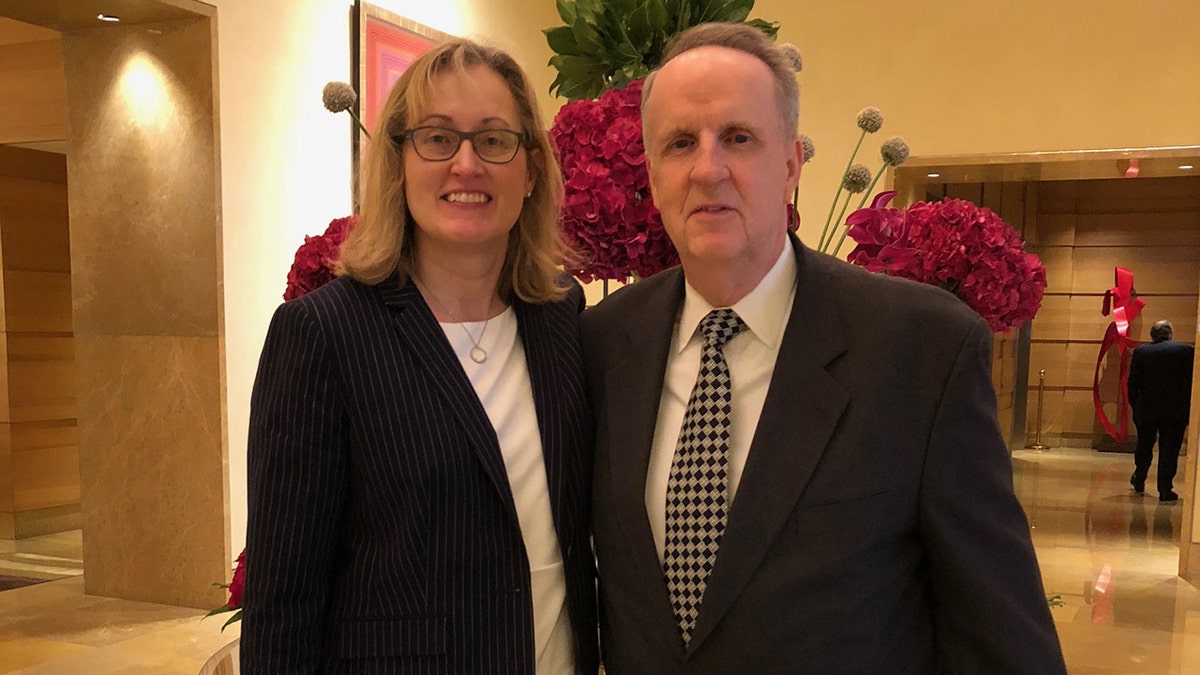
John Ryan (right) is pictured with Dr. Julie Brahmer, MD, of Johns Hopkins Medicine. (John Ryan)
Although his cancer improved, Ryan hit a major roadblock in 2022 when he began having trouble breathing and developed chronic pneumonitis, which he shared can occur in patients who receive immunotherapy for long periods of time.
“The psychological difficulty of staying indoors during COVID-19 was relatively easy, because I had a career being in nuclear submarines. And so, the claustrophobic thing wasn’t bad,” he reflected.
“Get a good night’s sleep, shake it off, and the next day you’ll have some blessings you can at least get started with.”
“But what was pretty challenging for me was the unknown path forward, with increased inflammation and reduced lung capacity,” he added.
Ryan’s immunotherapy journey lasted 100 months, amassing hundreds of 160-mile round trips to Johns Hopkins and more than 225 infusions. Today, the veteran is officially cancer-free.
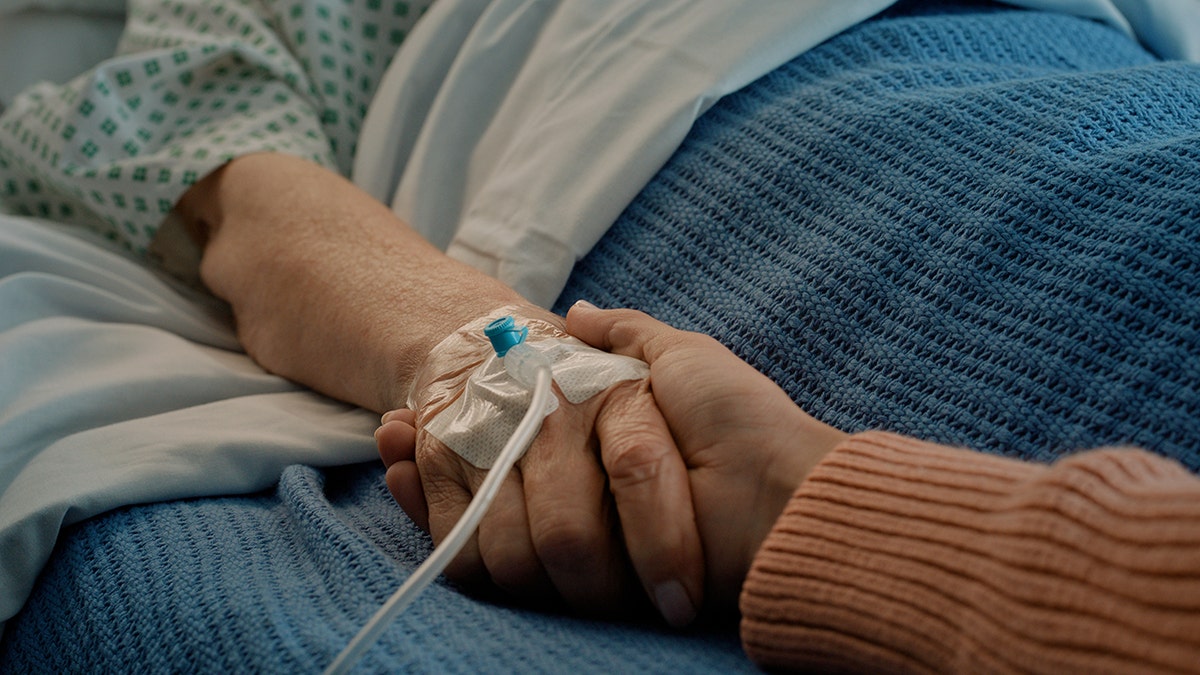
“What was pretty challenging for me was the unknown path forward, with increased inflammation and reduced lung capacity,” said Ryan (not pictured). (iStock)
Ryan shared that one of the best pieces of advice he received was from a Walter Reed nurse, who was frank about the state of his health.
“She said, ‘Let’s cut to the chase, sonny boy, if you don’t take this, you’re going to die.’ I said, ‘Well, let’s sign off on it, shall we?’” he repeated.
CLICK HERE TO SIGN UP FOR OUR HEALTH NEWSLETTER
“And she said, ‘You need to take this seriously. Don’t look for things to worry about, because you can get really wrapped around the axle with the pressure and the uncertainty.’”
The nurse also told Ryan, “Working yourself up into a frenzy has absolutely no value. Get a good night’s sleep, shake it off, and the next day you’ll have some blessings you can at least get started with.”
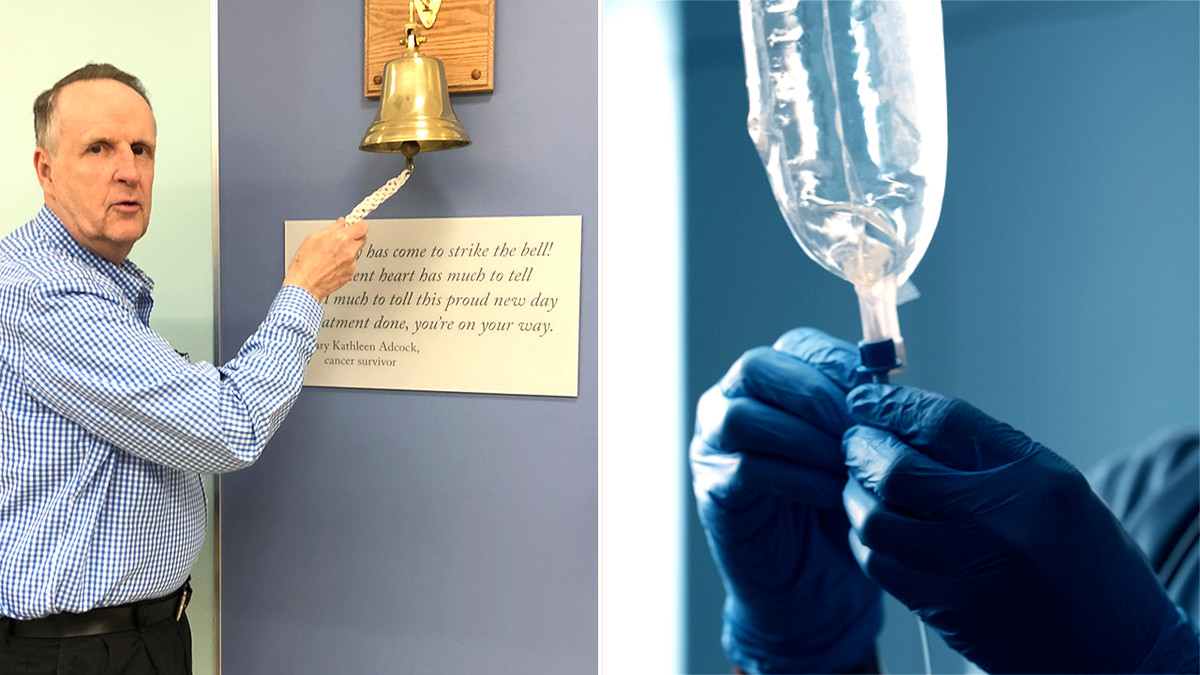
Ryan (pictured at left) advised other cancer patients to avoid working themselves up “into a frenzy” and to stay positive. (John Ryan; iStock)
The veteran also credited his faith for giving him the strength to beat cancer. “You’ve got to draw your hope and courage from somewhere. Faith was high,” he said.
CLICK HERE TO GET THE FOX NEWS APP
“I had a father who was a military disciplinarian, so I would say the worst thing that can happen is not going to be a bother to me. I’m just going to move forward. And then being with quality people [gave me] the encouragement to do that.”
For more Health articles, visit www.foxnews.com/health
In a 2022 CRI seminar, Dr. Brahmer spoke about the success of immunotherapy development, labeling it as the “new foundation” for lung cancer in various stages, as well as other thoracic cancers like mesothelioma.
“New therapies will continue to build on these successes,” she said. “We still have a lot of work to do in these settings. We can certainly improve therapy.”
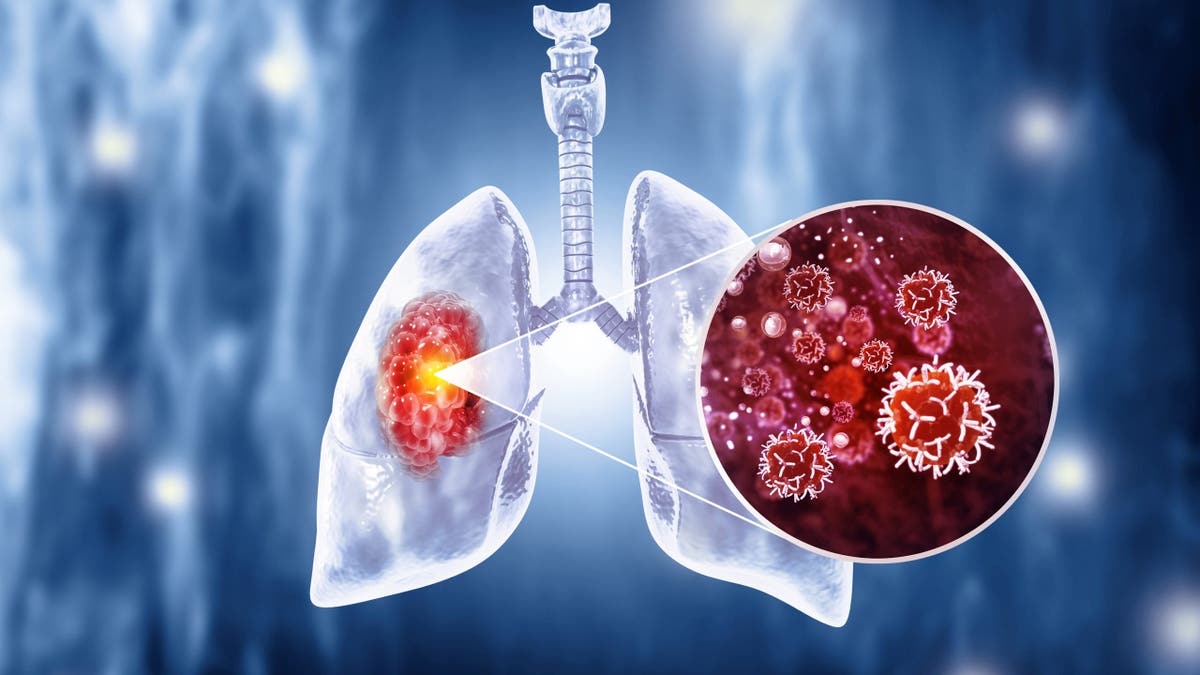
Dr. Julie Brahmer shared in a seminar how immunotherapy has become the top treatment option in some lung cancer cases. (iStock)
Brahmer expressed that “there is hope” for long-term control of the disease and potentially even a cure.
“It’s very important [for patients] to ask, ‘Is immunotherapy right for me, regardless of the stage and type of cancer that I have?’” she said.
“You’ve got to draw your hope and courage from somewhere. Faith was high.”
Ryan told CRI that immunotherapy represents an “attractive potential for a cure without the serious side effects related to surgery, chemotherapy or radiation,” adding that clinical trials are essential for “safe and viable drug and treatment regimen approvals.”














